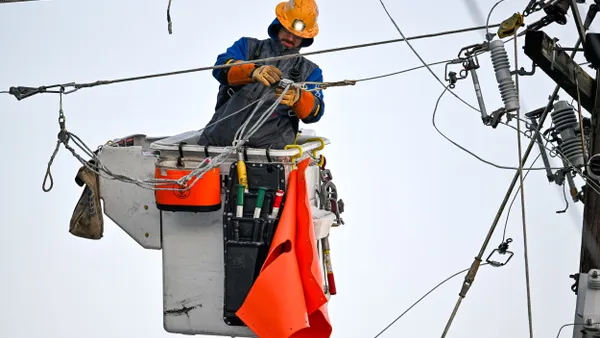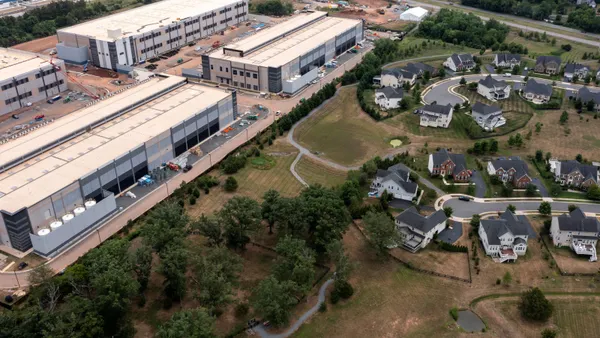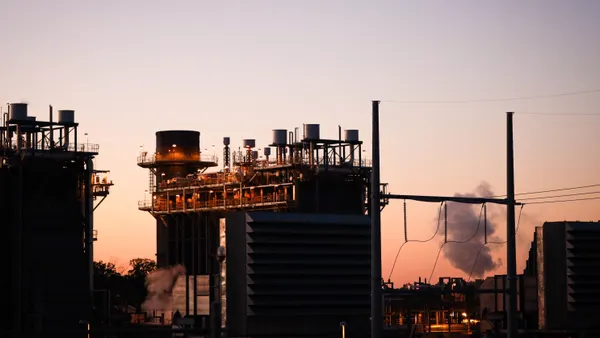Dive Brief:
- Government policies and market structures don’t give nuclear power the value it deserves as a source of emissions-free base load generation, according to Exelon VP/Chief Strategy Officer William A. Von Hoene, Jr.
- If those policies and market structures aren’t rectified, as much as 25% of the U.S. nuclear fleet could be shuttered and that could impact grid reliability and the fight against climate change.
- Exelon’s nuclear plants were crucial to the PJM response during the extreme January cold because of natural gas supply constraints and price spikes.
Dive Insight:
Exelon has driven a vigorous effort to convince legislators to end the federal production tax credit (PTC) vital to the wind energy value proposition, claiming the PTC causes negative pricing in electricity markets with which Exelon nuclear plants cannot compete.
Exelon does not mention the federal incentives available to the nuclear industry or the fact that markets have largely decided that nuclear plant costs and lead times make it an uneconomic choice for new generation.
Exelon’s policy representatives advocate greenhouse gas regulations instead of tax credits but acknowledged to this reporter such policies are not politically viable.
Wind energy advocates say the negative pricing is not due to the PTC but to local transmission outages, extremely low electricity demand, and the inability of Exelon’s nuclear plants to ramp down when transmission is out or demand drops off.
Executives of both NextEra and Xcel, both of which have generation portfolios broadly comparable to Exelon, told this reporter that low natural gas prices play a much bigger role than the PTC in negative pricing and current nuclear plant economics.













